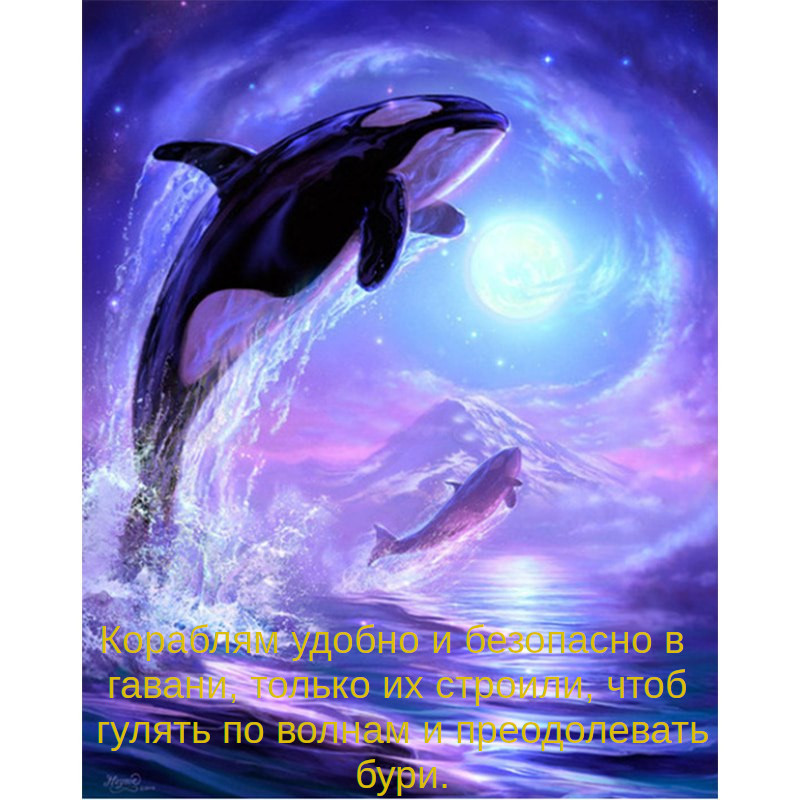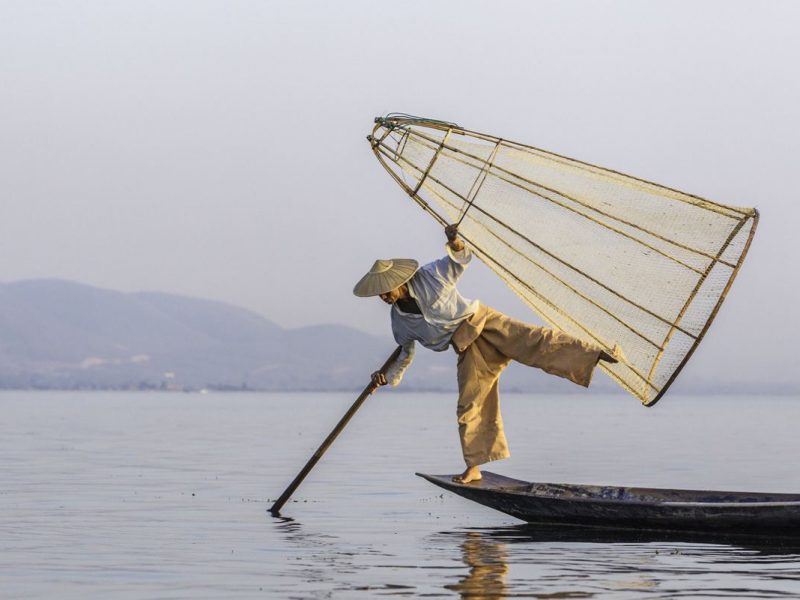
Clear Waters
Until recently, people found it hard to believe that such a vast body of water as the world’s oceans could be endangered. Nevertheless, it has happened. Massive damage to the ocean and its inhabitants is caused by petroleum products.
At present the main fuel of ships is diesel fuel and refined products. Emissions of pollutants into the water, including soot and fuel oil, frequent spills, accidents, washing and cleaning operations of fuel tanks and machinery, have resulted in large quantities of petroleum products entering the sea.
Due to their lightness, refined substances spread on the surface of water in the form of a thin film. As they spread, they interfere with the exchange of moisture, gases and heat between the water and the air. These harmful substances have killed many marine organisms in the most densely populated area of the ocean, the upper water layer, and near the shores.
Floating particles of petroleum products attract various, small marine animals that attach themselves to them. Fish and marine mammals feed on this “change”, and together with their food they ingest the oil. Some fish are killed by it, while others have all their tissues impregnated with oil.
Fishermen also suffer from this phenomenon: they have to throw away a significant part of their catch because of the unpleasant smell and taste of oil. Unfortunately, there are “figures” who bring oil-soaked fish to our tables…
Various kinds of pollutants and wastes get into the waters, in a more or less processed form, and cause such a dangerous phenomenon as “blooms” of toxic and harmful seaweed. What triggers such “blooms”? The answer will surprise no one: it is industrial, anthropogenic discharges containing large amounts of biogenic (nutrient) elements and easily assimilated organics alien to the marine ecosystem.
Some of the harmful algae and protozoa release toxins that are detrimental to invertebrates, fish and humans alike. There are toxins harmless to invertebrates, in the bodies of which they accumulate, but when they enter the food chain in higher organisms, they cause death, including humans. Globally, cases of poisoning due to the consumption of fish, shellfish and other seafood containing phycotoxins (toxic substances produced by algae) have increased tens of thousands of times.
There is another form of pollution – sediment to the bottom. It is less visible to the naked eye than streams of fuel oil on the surface of the world’s oceans. Rivers, melting ice, groundwater, rainstorms… continuously bring hard to measure amounts of sediment into the sea. Today, humans play a major role in the formation of marine sediments. Sediments cover nearly the entire seafloor.
Often, the constituents of marine sediments originate far from the sea and carry a variety of terrestrial material, more and more with technical impurities from industrial activities. For example, the annual production of lead in the world is about 3 million tons. Thanks to advances in the science of atmospheric circulation, it is already reliably known that 0.1 part of this poisonous substance enters the atmosphere and then precipitates on land and enters the ocean…
Dust from atomic and hydrogen explosions causes significant changes in precipitation. It rises high in the air and is carried tens of thousands of kilometers. (For information: “During hydrogen bomb explosion from 10 to 100 million tons of dust is released into the atmosphere and stratosphere”.) Depending on the conditions of sedimentation, the sediment brought from the continents and formed as a result of the vital activity of marine organisms mixes among themselves in different proportions.
Rapid reproduction and blooms of algae have been observed as a result of marine waste discharge. Along with microorganisms, algae are one of the first links in the fish food chain…
…Depending on the conditions, different forms of plants and animals develop in each area of the ocean. Such poisoning reduces the number of fish in the sea, and deprives coastal populations of their livelihoods.
Seabirds caught in oil spilled on the surface of the water soon die agonizingly, due to the dissolution of the fatty grease of their feather cover…
Predators, of which there are many birds, are adversely affected by the reduction in the amount of food they normally harvest. At the same time, individual species lose their natural predators, resulting in an imbalance in the marine ecosystem. And another of the many consequences of business mismanagement in recent decades: oil following the sea currents is making more and more resort areas unsuitable for beach vacations.
All natural pollution of the ocean – runoff of rock destruction products, organic matter transported by rivers, volcanic ash in the water, etc. – is perfectly balanced by nature itself. – are perfectly balanced by nature itself. Marine organisms are adapted to this kind of pollution, and, moreover, they cannot live without it.
In the complex ecological system of the world’s oceans, all substances that enter the water naturally and in appropriate amounts and concentrations are successfully recycled without any harm to the inhabitants of the sea, and the same it remains clean.



